Prof. Alfred Hero speaks to ECE about his work using data to predict the transmission of infectious disease among people who are pre-symptomatic or asymptomatic and how it relates to COVID-19.
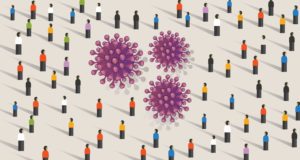

Prof. Alfred Hero speaks to ECE about his work using data to predict the transmission of infectious disease among people who are pre-symptomatic or asymptomatic and how it relates to COVID-19.
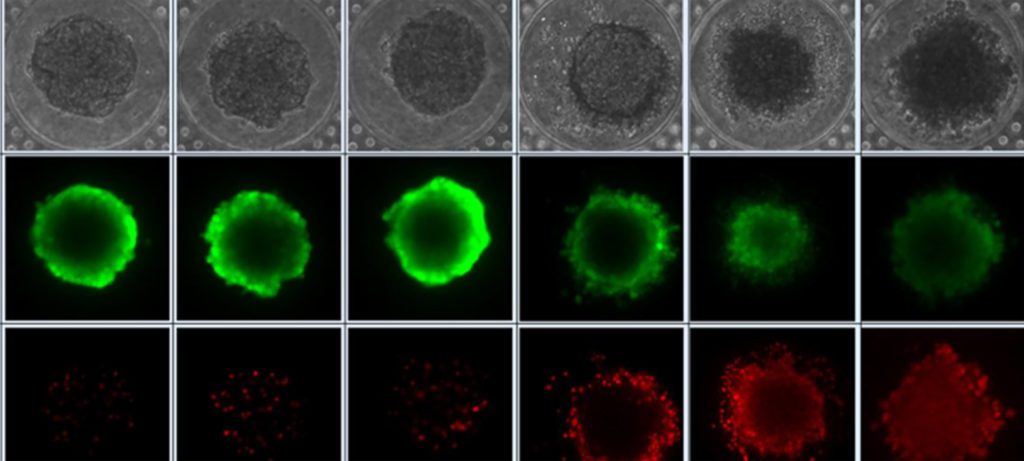
Prof. Euisik Yoon and his team developed a new machine learning tool that enables large-scale testing of cancer drug effectiveness with microfluidics.
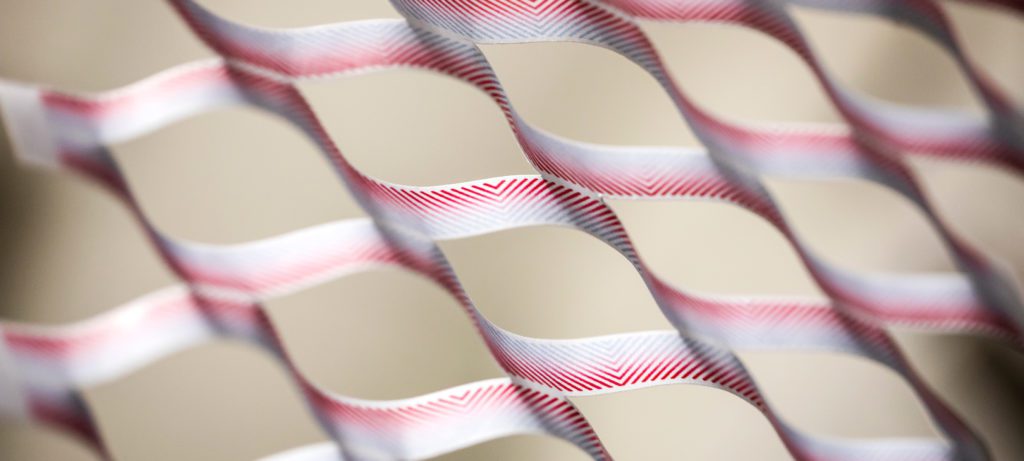
The rays used by airport scanners might have a future in medical imaging.

Willingale’s research in plasma physics advances many research areas from spectacular astrophysical phenomena to cancer treatment to fusion power.
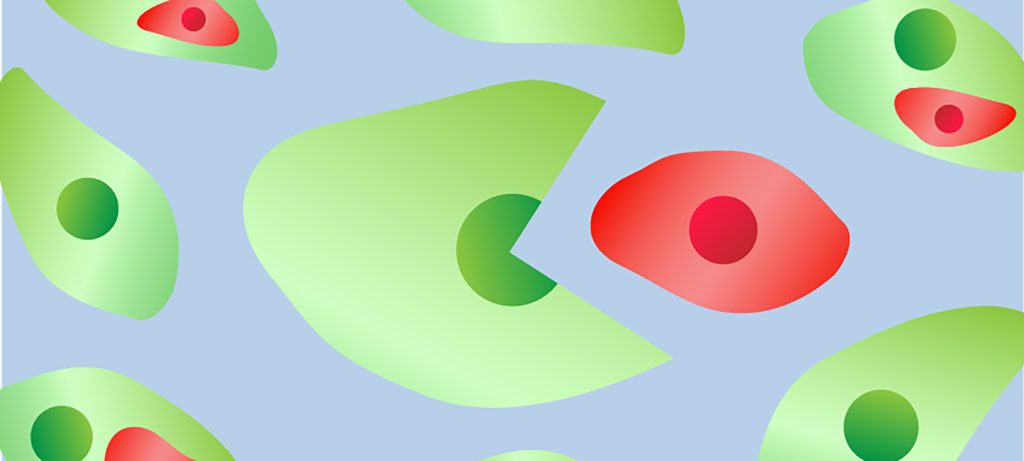
Cancer biologists and engineers collaborated on a device that could help predict the likelihood of breast cancer metastasis.
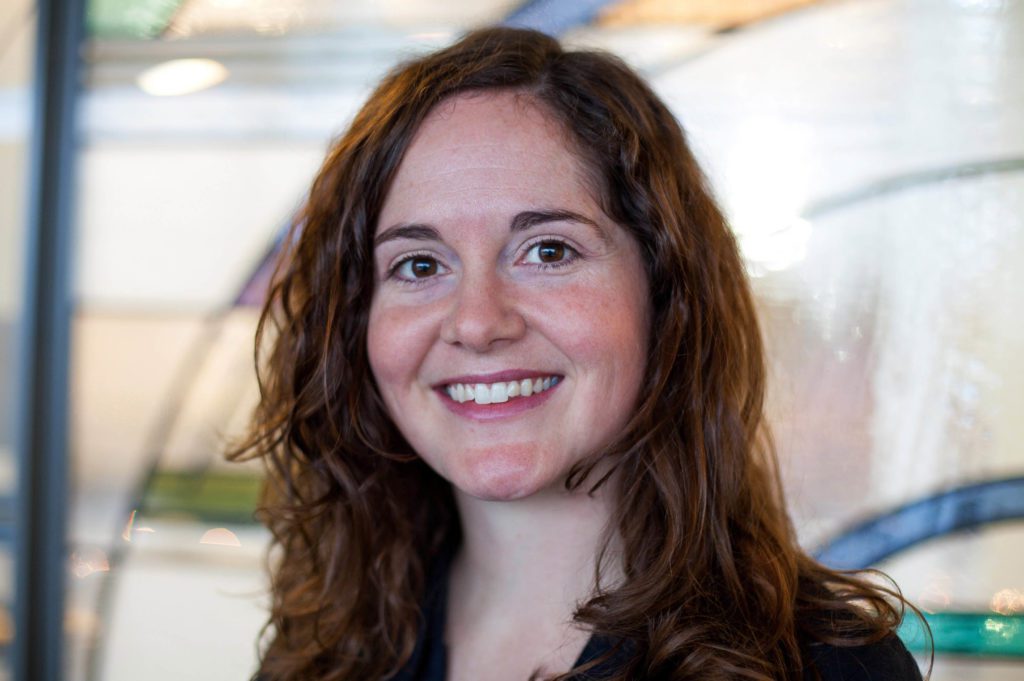
Balzano will work with Portuguese researcher Mário Figueiredo to develop new machine learning methods impacting medical diagnosis and treatment.
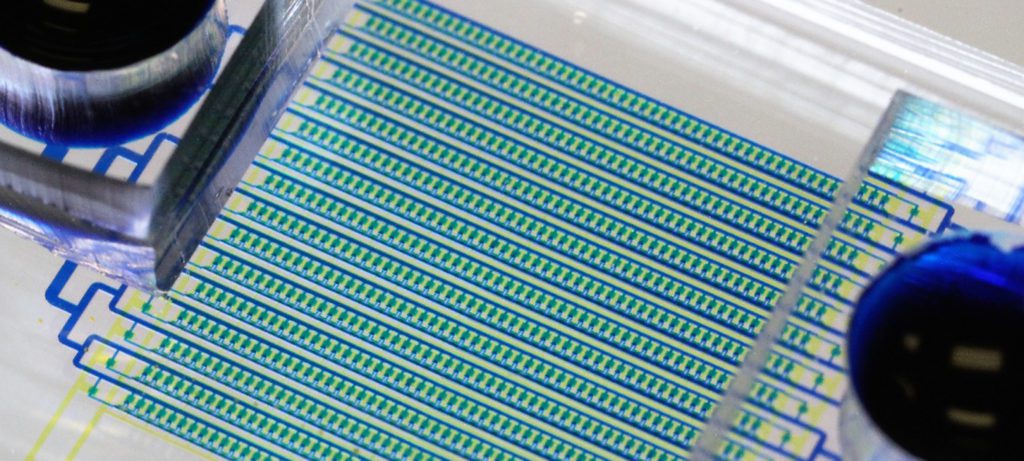
Capturing cancer cells from blood samples offers a non-invasive way to observe whether the cancer is disappearing or whether it is becoming resistant to the treatment.
EECS-ECE PhD student Navid Barani received the IEEE APS Doctoral Research Award for his work modeling how bacteria use electromagnetic waves to communicate, which could lead to medical breakthroughs.
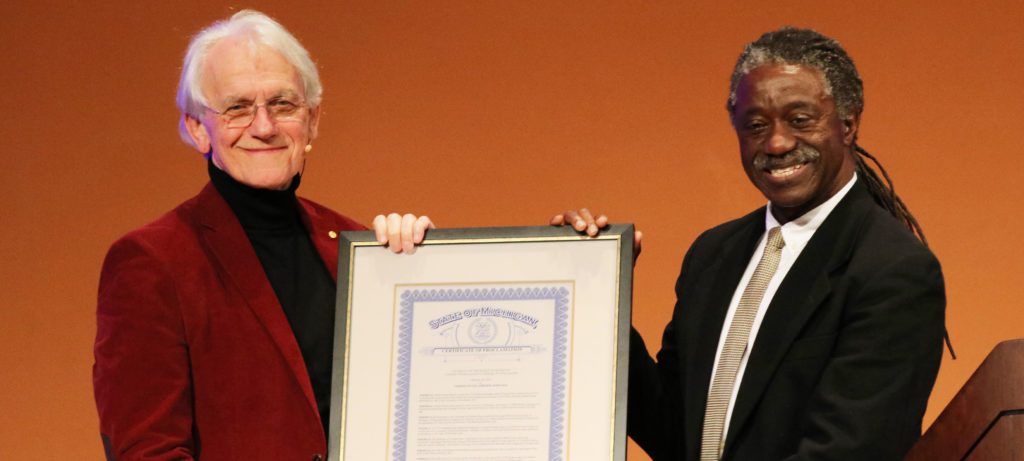
Gérard Mourou, Professor Emeritus of EECS, returned to campus to discuss winning the Nobel Prize and his work in high-intensity optics.
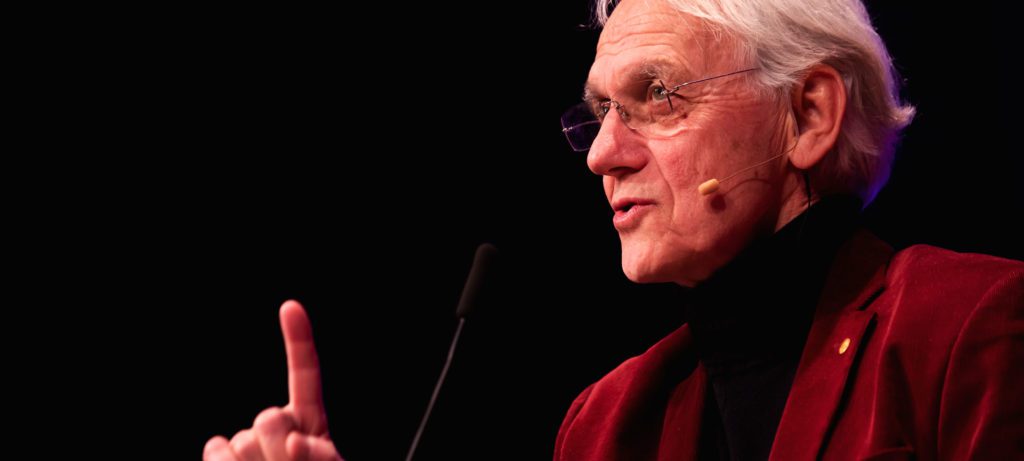
Lasers of tomorrow might neutralize nuclear waste, clean up space junk and advance proton therapy to treat cancer, says Gerard Mourou.